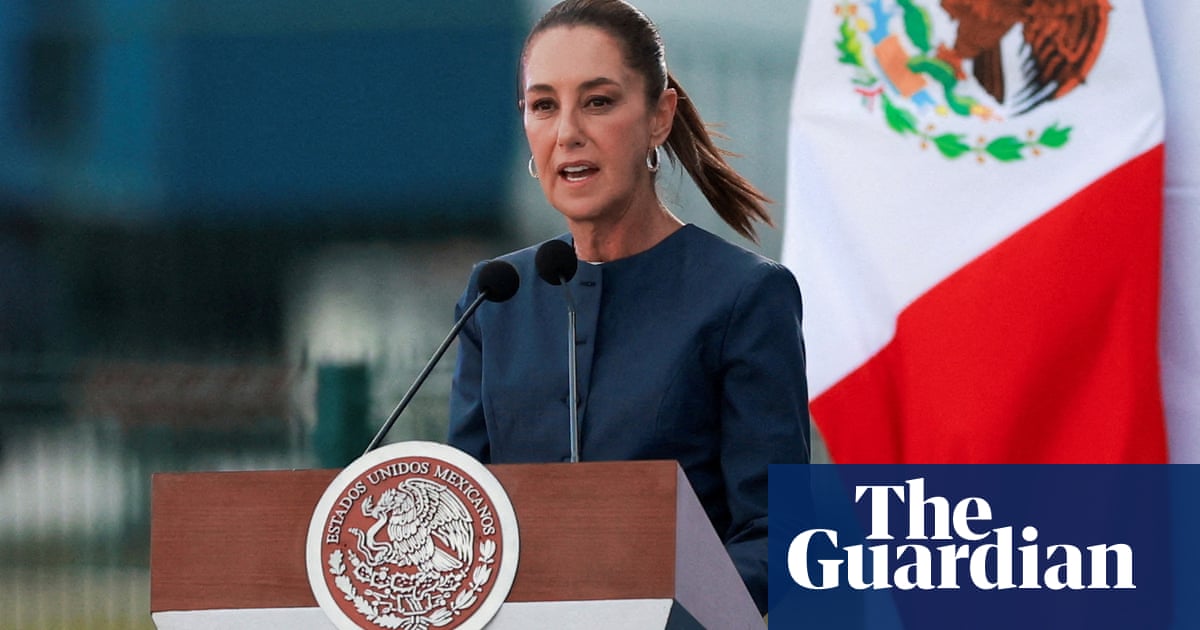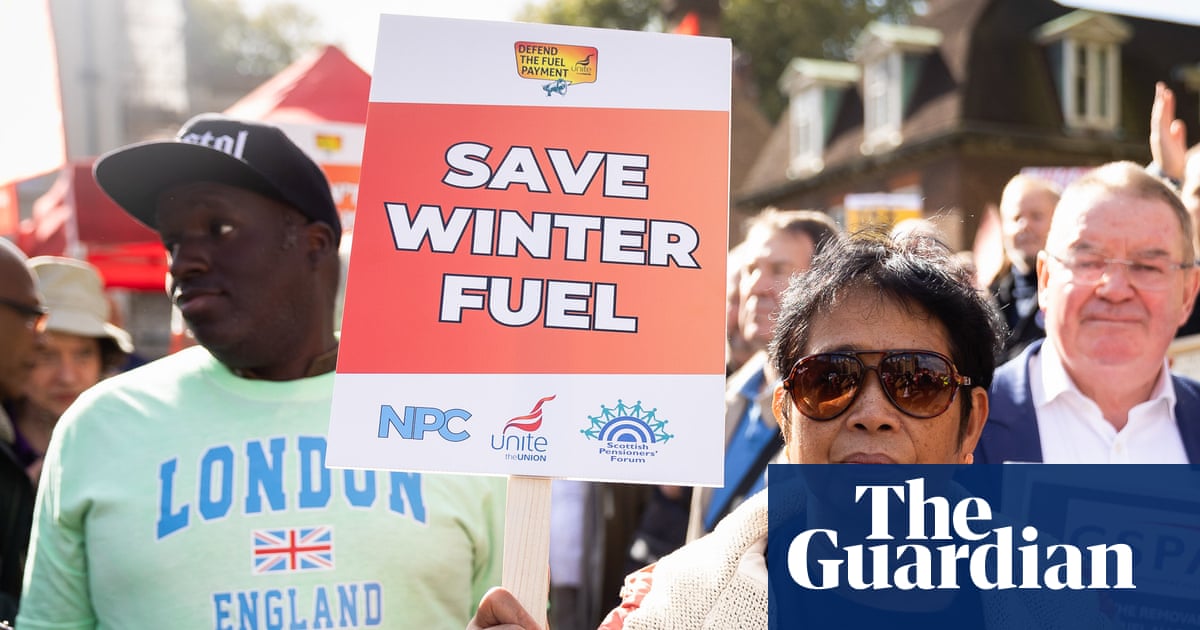Lawmakers in Hawaii have passed first-of-its-kind legislation that will increase the state’s lodging tax to raise money for environmental protection and strengthening defenses against natural disasters fueled by the climate crisis.
Hawaii’s governor, Josh Green, supports the creation of the so-called “green fee”, and is expected to sign it.
“This legislation, which I intend to sign, is the first of its kind in the nation and represents a generational commitment to protect our ‘āina [land],” Green said in a statement. “Hawai‘i is truly setting a new standard to address the climate crisis.”
The bill passed on Friday adds a 0.75% levy to the state’s existing tax on hotel rooms, timeshares, vacation rentals and other short-term accommodations. It also imposes a new 11% tax on cruise ship bills, prorated for the number of days the vessels are in Hawaii ports.
Officials estimate the tax will generate nearly $100m annually. They say the money will be used for projects like replenishing sand on eroding Waikiki beaches, promoting the use of hurricane clips to secure roofs during powerful storms and clearing flammable invasive grasses like those that fed the deadly wildfire that destroyed downtown Lahaina in 2023.
The state’s house and senate, both controlled by large majorities of Democrats, passed the measure by wide margins.
Experts say the bill is the first of its kind in the US.
Hawaii already levies a 10.25% tax on short-term rentals. As of 1 January, the tax will rise to 11%. Hawaii’s counties separately charge a 3% lodging tax, and travelers also have to pay the 4.712% general excise tax that applies to all virtually all goods and services. The cumulative tax bill at checkout will climb to 18.712%, among the highest in the nation.
Green, the governor, argued the increase is small enough tourists won’t feel much of a difference. As many visitors travel to the state to enjoy the environment, he predicted they will welcome committing dollars to protect shorelines and communities.
“The more you cultivate good environmental policy, and the more you invest in perfecting our lived space, the more likely it is we’re going to have actually lifelong, committed travelers to Hawaii,” he told the Associated Press.
Zane Edleman, a visitor from Chicago, said he could envision the extra cost prompting some travelers to head elsewhere else, like Florida. But, he said, it would depend on how the state shares information about what it does with the money.
“If you really focus on the point – this is to save the climate and actually have proof that this is where the funds are going, and that there’s an actual result that’s happening from that, I think people could buy into it,” Edleman said.
The first draft of the legislation called for a larger increase, but lawmakers pared it back.
“We heard the concerns about how do we make sure that we are able to sustain our industry as well as find new resources to address the needs for environmental sustainability,” said Linda Ichiyama, vice-speaker of the house. “So it was a balance.”
John Pele, the executive director of the Maui Hotel and Lodging Association, said there’s broad agreement that the money raised will go to a good cause. But he wonders if Hawaii will become too expensive for visitors.
“Will we be taxing on tourists out of wanting to come here?” he said. “That remains to be seen.”
Green has until 9 July to sign the bill.

.png) 5 hours ago
2
5 hours ago
2













































